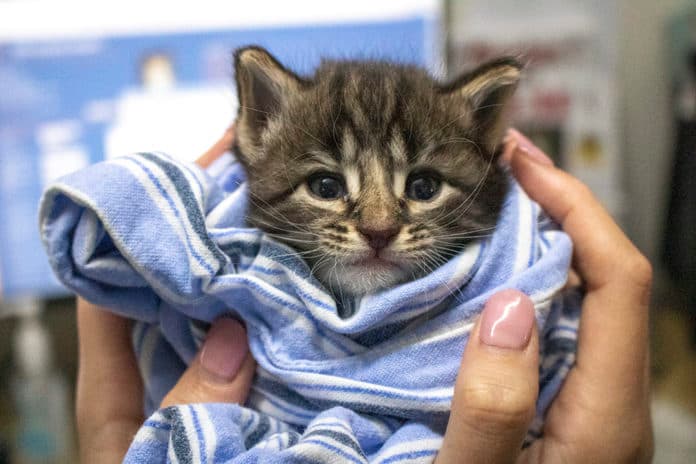As temperatures continue to soar, the RSPCA ACT has issued a timely reminder about the summer danger of animals being left in cars.

According to RSPCA ACT CEO Michelle Robertson, the organisation has already received more calls than over the corresponding time 12 months ago and, with temperatures set to remain high, “the community should be hyperaware of the dangers”.
“It only takes seven minutes for a dog to die in a hot car so this is a reminder to please not leave your pet in your car,” Ms Robertson said.
The reminder comes as the RSPCA ACT prepares for an influx of animals coming into the shelter over the summer months.
Ms Robertson said this is particularly so for cats and kittens, where the monthly intake average nearly doubles.
“Kitten season is a contributor in this regard,” Ms Robertson said.
“We also see a slight increase with dogs and puppies in summer months. With people being away, with festivities and other social events, stray dogs also increase. We see a slight peak in puppies coming in, but there is no discernible reason for this.”
Ms Robertson said most animals come to the RSPCA either because their owners cannot look after them anymore; they have been abandoned, lost or hurt; or due to neglect or cruelty where these animals were seized by RSPCA Inspectors.
“In the first instance, we encourage prospective pet owners to think carefully before acquiring a pet. You need to be able to ideally commit for the lifespan of your pet,” Ms Robertson said. “We encourage people to ensure their pets are microchipped and desexed.”
Some other helpful tips for the summer danger months include:
- Always ensure your pet has adequate shade, and access to cool water. Where possible, spend time with your pet indoors. Pet owners are also encouraged to try to not over-exert their pets with exercise as this could lead to heat stress.
- If your pet is afraid of fireworks, consider bringing your pet indoors and closing any windows to try muffle the sounds. Allow your pet to hide in a safe and secure place. Creating a calm environment for them will make sure they feel safe.
For more:








